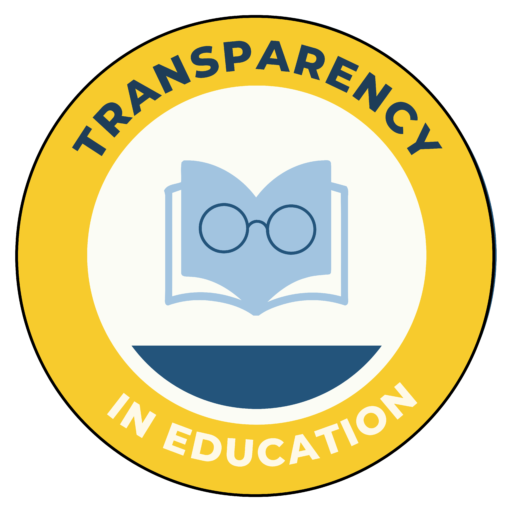The Maryland Teachers Union Is Heavily Weighted Towards a Progressive Agenda and Influencing Local Education
September 5, 2022
Earlier this year the state confirmed that failure to comply with the new standards related to Family Life and Human Sexuality, which include the introduction of gender identity concepts into the elementary school classrooms, could result in a loss of state funding, placing financial pressure on the FCPS to comply. The Maryland state teachers union, the MSEA, aggressively supports those standards and gender identity lessons in all grades and is ramping up that pressure,
The Maryland state teachers union (MSEA) is a part of the National Education Association (NEA), the nations largest national teacher’s union. The NEA’s primary goals are centered on social and cultural change and much of their activities are directed at political influence. A survey of the NEA spending shows that in 2020-2021 the highest percentage of NEA expenses went to political activities and lobbying and that it was more than twice that spent on representation of its members on a percentage basis. It also exceeded the percentage spent on its employee benefits. Almost one third of expenses went to ‘contributions, gifts, and grants,’ spending that is also largely political in nature.
The MSEA falls in line with the NEA through it’s aggressive opposition to school choice, calls for the elimination of standardized testing because of its “white-centered contexts,” advocating that “equity be the centerpiece “ of funding for Maryland schools, and their support of a transgender reading days for 5-12 year olds. They advocate heavily for changing the way schools teach, looking to install “culturally relevant pedagogy and instructional practices” without spending much time on their website discussing academic proficiency rates and how to ensure there is a plan and accountability to raise them to competitive levels.
It’s not surprising that the MSEA is so firmly opposed to school choice. Public schools have a virtual monopoly on education (83% of all K-12 students) despite the fact that a recent Gallup poll found that 69% of Americans are dissatisfied with the quality of public education and nearly all polling show roughly three quarters of Americans support school choice (with numbers consistently high across party lines and all demographic categories). Providing a choice for parents through school choice programs would not just create healthy competitive benefits but also drain the unions of their overwhelming power over curriculums and social change. The will continue to call it a monetary “shell game” as they do on their website rather than work for the best possible educational environment for all.

